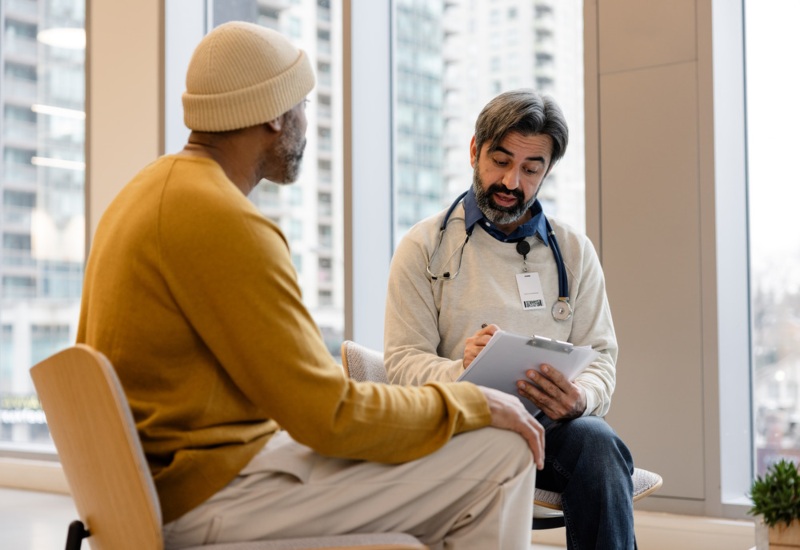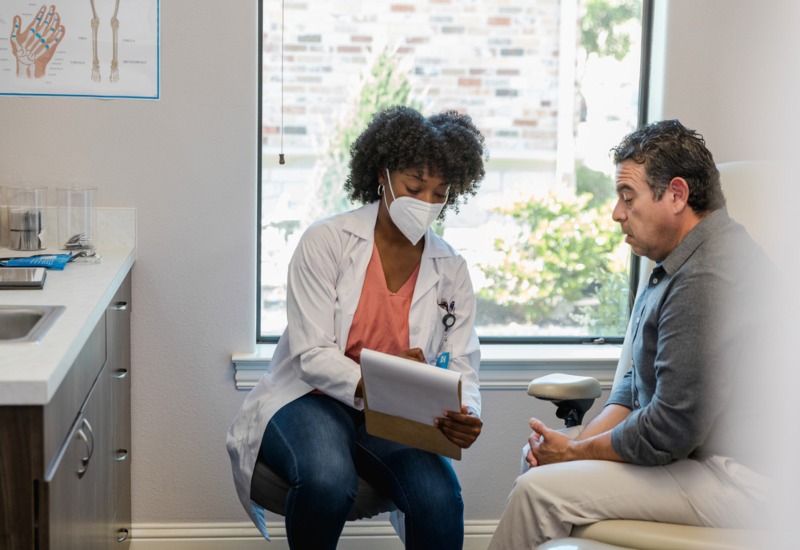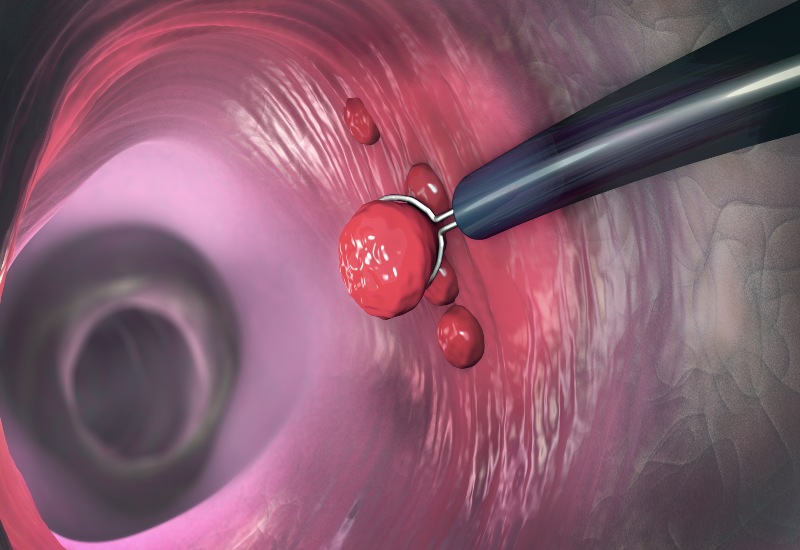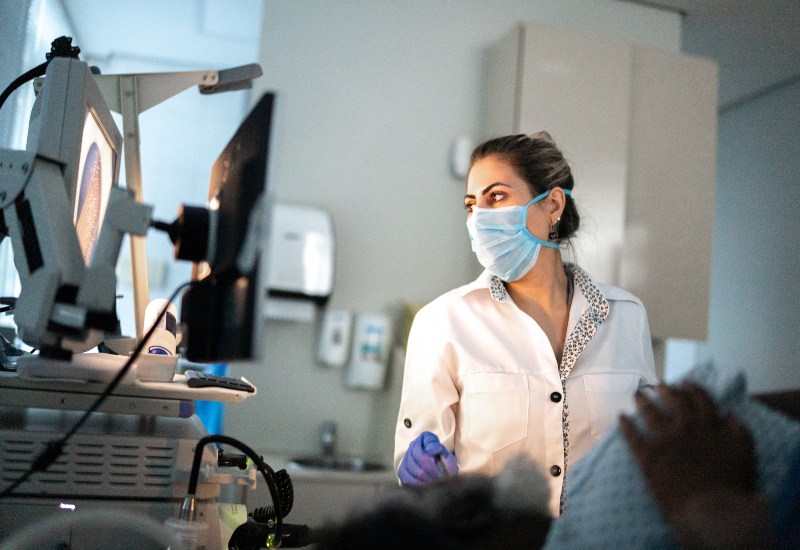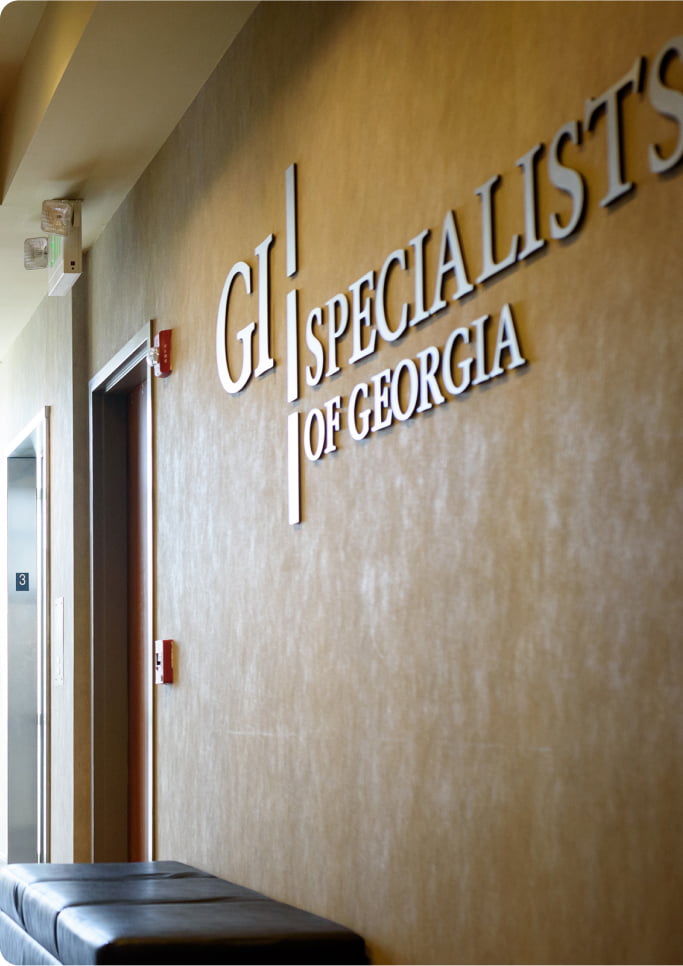Colonoscopy Procedures in Atlanta, GA
What Is a Colonoscopy?
How Do I Know I Need a Colonoscopy?
What Do I Need To Do To Prepare?
English Instruction
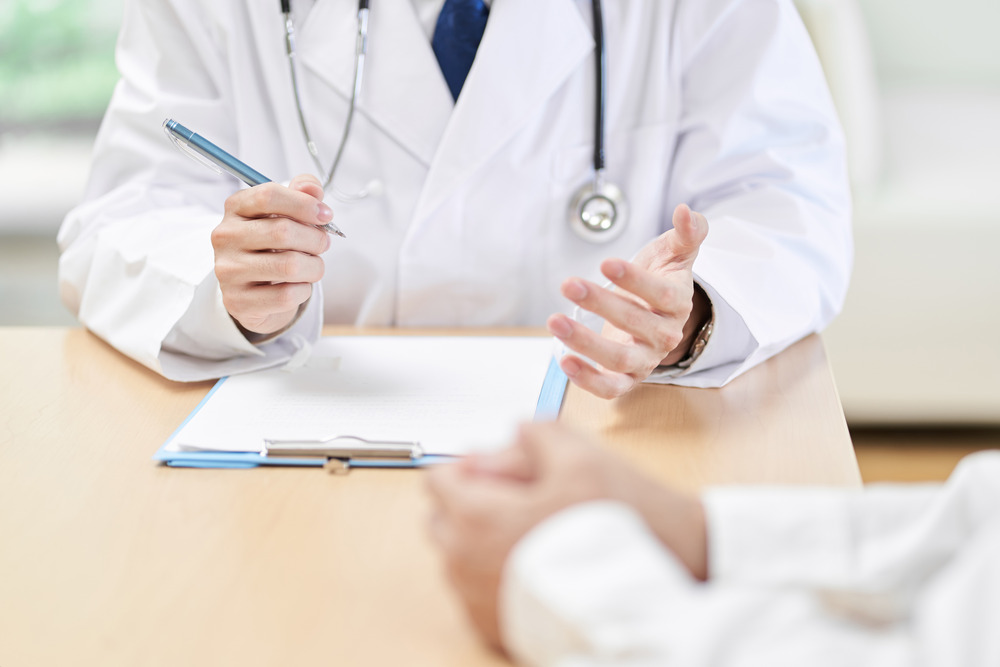
Are There Any Medications I Should Stop Taking?
What Can I Expect From My Colonoscopy?
What Are Polyps, And Why Do You Remove Them?
How Do You Remove Polyps?

What are the Possible Complications of a Colonoscopy?
Most colonoscopy procedures happen without any complications. Sometimes, a tear can occur in the bowel wall, requiring minor surgery to repair. In this case, we will try to repair the tear through the colonoscope before ordering a surgical procedure. In some cases, we might require a blood transfusion, but this is rare. In some cases, patients might have a negative reaction to sedatives we use or complications from heart or lung disease. Some patients also report localized irritation in the vein where we injected the medications, but this will eventually go away. We recommend applying hot compresses to the area to speed up the recovery process. Bleeding is a normal part of the recovery process from a polypectomy and should go away within a few days. If you notice any of the following symptoms, contact our specialists immediately:
- Severe abdominal pain
- Fever and chills
- Rectal bleeding of more than one-half cup
What Happens If the Doctor Sees Something Abnormal?
Why Choose GI Specialists of Georgia
Schedule an Appointment with Our Atlanta-Area Gastroenterologists
"*" indicates required fields


